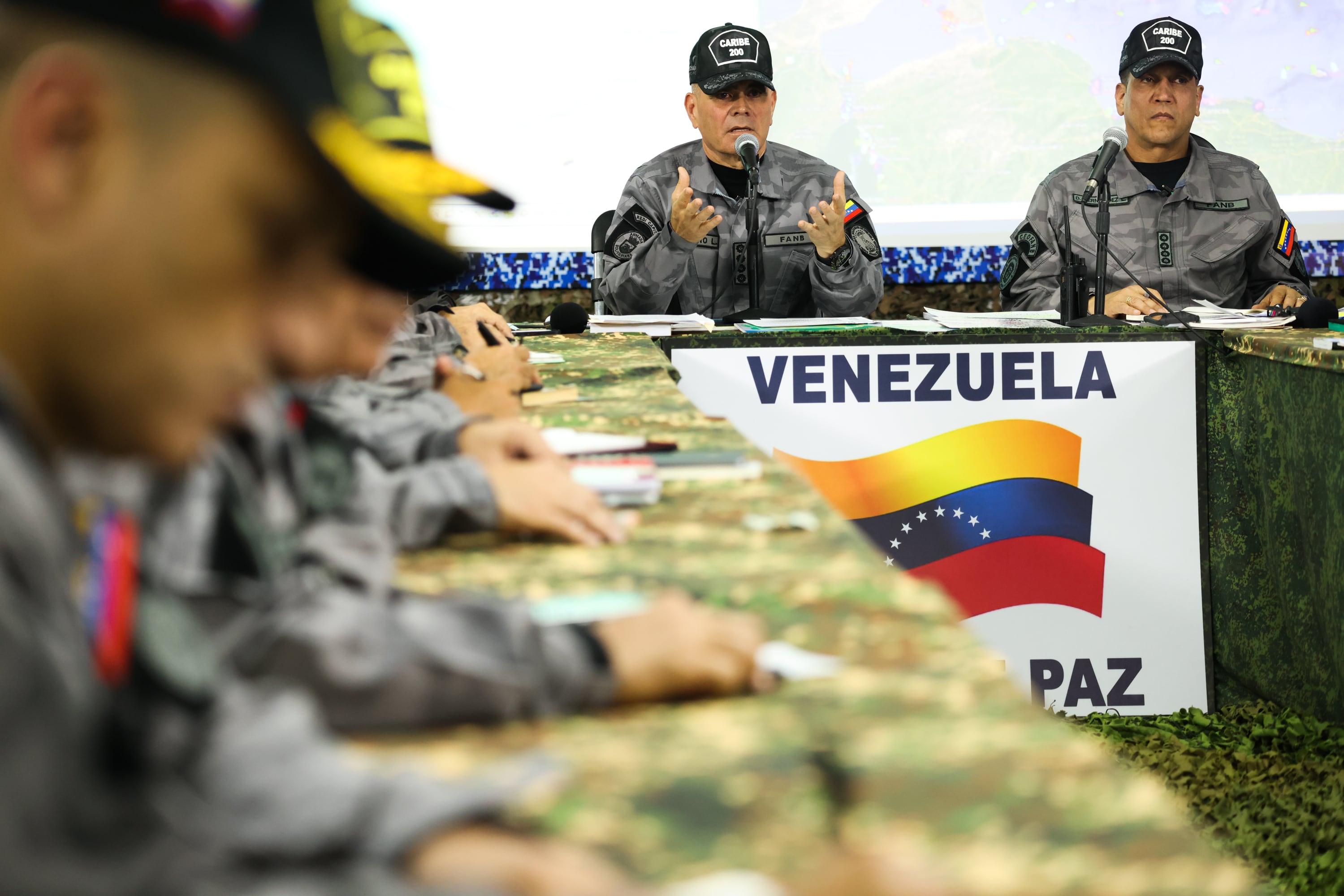Trump Declares "Armed Conflict" with Drug Cartels, Justifying Military Action
President Donald Trump has formally declared that the United States is in an "armed conflict" with drug cartels, a move that designates them as "unlawful combatants." This declaration seeks to provide legal justification for recent US military strikes in the Caribbean against alleged drug traffickers, actions the administration defends as necessary to safeguard Americans from national security threats.
Legal Justification and Congressional Notification
The Trump administration informed Congress of this determination through a sensitive notice, asserting that the cartels are non-state armed groups engaged in attacks against the United States. This designation places drug cartels in a similar legal category as terrorist organizations like Al Qaeda or the Islamic State. According to the notice, the President "determined that the United States is in a non-international armed conflict with these designated terrorist organizations."
The notification cites a September 15th attack that resulted in the deaths of "approximately 3 unlawful combatants" as an example of actions the President can take against cartels. This justification relies on the claim that these cartels pose an ongoing threat to the United States and its citizens.
Controversies and Criticisms
The declaration has drawn strong criticism from lawmakers and legal experts. Sen. Jack Reed (D-Rhode Island), a leading Democrat on the Senate Armed Services Committee, argued that the administration provided "no credible legal justification, evidence or intelligence" for the strikes and accused the President of waging "secret wars." Geoffrey Corn, an expert on the law of armed conflict at Texas Tech University Law School, described the administration's justification as a "pretext to open the door to extraordinary use of force authority."
Critics question the legal basis for using military force against drug cartels, arguing that it blurs the line between law enforcement and military action. They also point out that the administration's focus on Venezuelan boats doesn't align with the fact that the surge in overdose deaths is primarily driven by fentanyl, which comes from Mexico.
Recent Military Strikes and Venezuelan Response
The U.S. military has conducted at least three strikes against alleged drug traffickers since early last month. A strike on September 3rd in the Caribbean resulted in 11 deaths, and another on September 15th targeted a vessel allegedly linked to a terrorist organization. The administration has defended these actions as consistent with the law of armed conflict and taken in defense of vital U.S. national interests.
Venezuelan Defense Minister Vladimir Padrino López condemned the presence of U.S. combat aircraft near the Venezuelan coastline, calling it a "provocation" and a "threat to the security of the nation." The administration's actions have also raised concerns about potential infringement upon congressional authority regarding declarations of war.
Congressional Response and Legal Challenges
Some members of Congress are considering introducing a War Powers Resolution to block the administration from continuing the strikes. Sen. Adam Schiff (D-California) and Sen. Tim Kaine (D-Virginia) are expected to lead this effort. Meanwhile, legal scholars like John B. Bellinger III, a former State Department and National Security Council legal adviser, argue that the administration's legal justification is an "inapt legal analogy that makes a mockery of accepted international law terms."
The debate over the legality and wisdom of using military force against drug cartels highlights the tension between the executive branch's desire to combat the drug crisis and Congress's constitutional role in declaring war. The administration's actions are likely to face ongoing legal and political challenges.
 Visit the website
Visit the website






